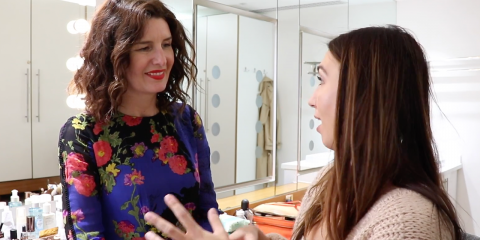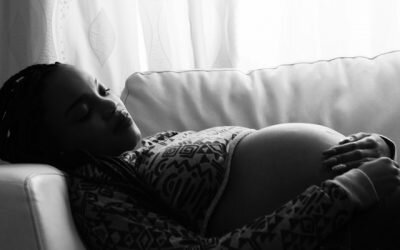One of the ways countries have been looking at easing lockdown restrictions as a result of the COVID-19 pandemic is by issuing “immunity passports”.
The idea is that those who have had the disease, could develop antibodies and therefore immunity, allowing them to go back to work.
It’s an idea mooted in a number of countries, including the U.K. and Germany, which are fighting the pandemic. Increasingly, people have come to assume that once you’ve had the virus, you’re immune.
But can you be immune to COVID-19?
Professor David Heymann, an infectious disease expert based at the London School of Hygiene and Tropical Medicine and former assistant director of the World Health Organization (WHO) has warned against the idea people are immune, claiming it is “too early to tell if people can develop immunity.”
He told Newsweek: “We’ve seen with other viruses that in the short term people may develop immunity and can appear to be protected one cold season for example, but the next season they are infected with the same virus.”
For example, vulnerable people are advised to get a flu jab every year to negate any mutations in the virus. There is no current way to become fully immune from the flu but existing antibodies can create partial protection or ease symptoms.
Professor Heymann also cautioned against the idea that developing immunity would mean a complete recovery for people with the virus.
He said: “You could have an enhanced antibody response which actually causes harm to the body.
“Does that really cause an immunity and, if it does, for how long? And will that immunity somehow be an immunity which we are not expecting and has some side effects?
“So that’s why the World Health Organization is recommending that people not use an immune status as a means of saying you’re safe to go back to work because that’s not at all clear.”
The WHO has been quite clear about its view of immunity passports:
“There is currently no evidence that people who have recovered from Covid-19 and have antibodies are protected from a second infection,” it said in a statement on April 25.
“At this point in the pandemic, there is not enough evidence about the effectiveness of antibody-mediated immunity to guarantee the accuracy of an ‘immunity passport’ or ‘risk-free certificate’.”
Professor Heymann also said we did not know for certain yet if the current tests showing whether somebody has developed antibodies to the COVID-19 are accurate.
He said: “The tests that are available are not considered yet to have their sensitivity and specificity known. They’re being examined for that to see if they’re sensitive enough to pick up all infections and if they’re specific enough to not pick up things like other coronaviruses instead of just COVID-19.”
Read the full article here.












































